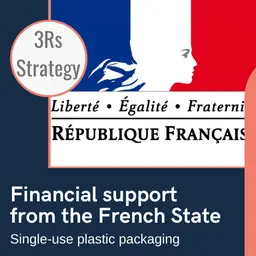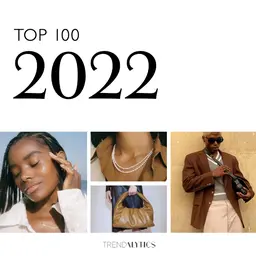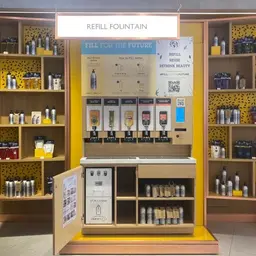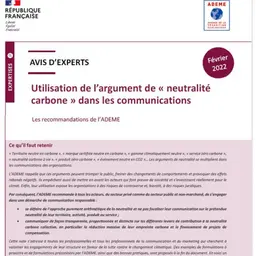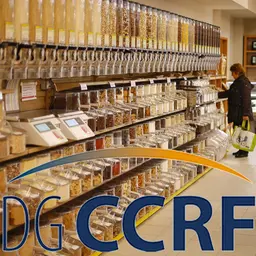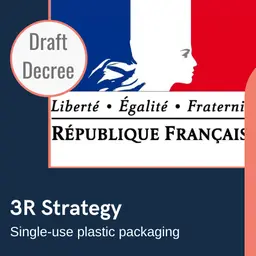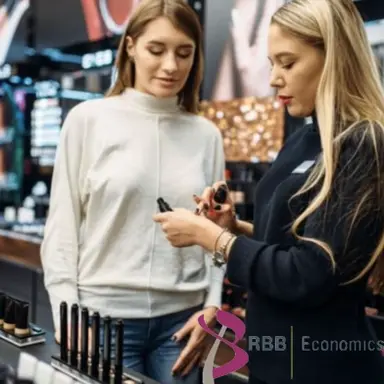
RBB Economics, in collaboration with FEBEA, conducted a Europe-wide study on the selective sale of cosmetics. This report, prepared for Cosmetics Europe as part of a review of the current regulations, highlighted the plebiscite of consumers on this method of retailing, whether it is physical or online.
RBB relied on figures provided by Cosmetics Europe and on surveys conducted by Kantar World Panel.
The survey focuses on the perfume, dermocosmetics and make-up sectors.
It was conducted between 17 and 24 May 2019 in France, Germany, Italy, Poland and Sweden. The questionnaire was sent to 2500 women over 18 years of age (approximately 500 per country).
Online sales of selective cosmetics are growing throughout Europe.
In 2018, they accounted for 13.9% of the revenues generated by this channel in Germany and from 7.6% to 10% (depending on the sources) in France, which is the largest selective market in Europe.
While one would tend to think that e-commerce has killed physical retailing, the evidence revealed by RBB Economics and FEBEA tends to show the opposite.
Beauty consumers continue to go to stores because it is the only way to touch and smell the products before making the purchase, according to 50% of respondents.
As far as new products are concerned, the proportion is even higher: being able to try becomes essential for 70 to 85% of European women.
“In this sense, physical commerce promotes innovation. Buyers are logically much more open when they can limit the risk by testing …




